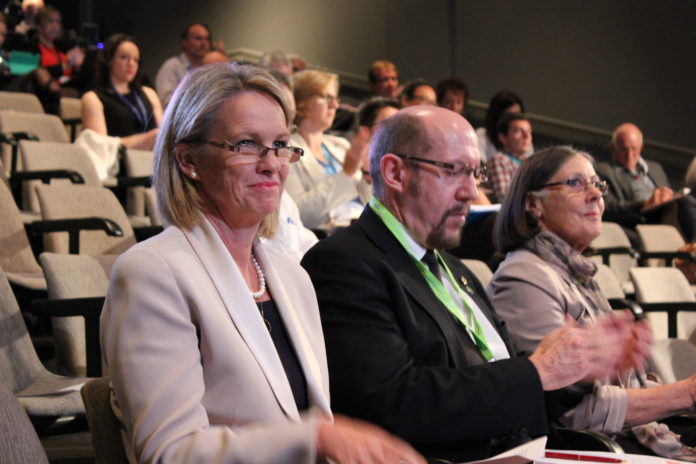
AMA President, A/Prof Brian Owler, said today that the AMA warmly welcomes reforms to rural workforce incentive programs announced today by the Assistant Minister for Health, Senator Fiona Nash.
A/Prof Owler said the reforms, as we understand them, will make rural medical practice a more attractive proposition for many doctors, and will help ensure that rural Australians have better access to quality health services locally.
“The AMA has been advocating for these changes for years,” A/Prof Owler said.
“We congratulate Senator Nash for engaging with the medical profession, hearing and understanding the concerns of country doctors and their patients, and delivering a positive outcome.”
A/Prof Owler said the decision to replace the failed ASGC-RA classification system that underpins rural workforce incentives with the Modified Monash Model is a major breakthrough.
“The shortcomings of the ASGC-RA system have led to a host of incongruous outcomes, such as classifying well-serviced regional cities as being more remote than many smaller rural settlements,” A/Prof Owler said.
“The Modified Monash Model of Rural Classification enjoys broad stakeholder support, and will underpin much better and fairer targeting of rural medical workforce incentives.
“Changes to how districts of workforce shortage (DWS) are determined will also deliver more certainty for communities with poor access to medical services.
“Reforms to the Bonded Medical Places (BMP) scheme also reflect a common sense approach suggested to the Government by the AMA.
“Some BMP graduates who want to stay in rural towns are currently prevented from doing so if the town is not classified as DWS.
“The Government changes provide more flexibility for BMP graduates who want to live and work in rural Australia
“Senator Nash has also recognised the AMA’s call for consultation on the implementation of these measures through the formation of the Expert Panel, and the reconvening of the technical working group.
“It is really important that we get these reforms right, and iron out any problems before the changes come into operation
“The AMA also welcomes the commitment to look closely at the value of exposure of junior doctors to rural practice.”
A/Prof Owler said the AMA is keen to work with the Minister to implement these important changes and discuss other initiatives to further enhance rural health services.
“The AMA has recently released a positive proposal for the development of Regional Training Networks, and we strongly back the development of an advanced rural general practice training pathway.
“The AMA wants to discuss with the Minister the negative impact of the Budget changes to the Prevocational General Practice Placements Program (PGPPP), and reach a solution.
“We need to develop a new model to provide junior doctors with prevocational experience in general practice, particularly in rural areas.
“Senator Nash has shown that she wants to work collaboratively with the medical profession to provide better health services for rural Australia, and the AMA looks forward to continuing with this very productive partnership,” A/Prof Owler said.
